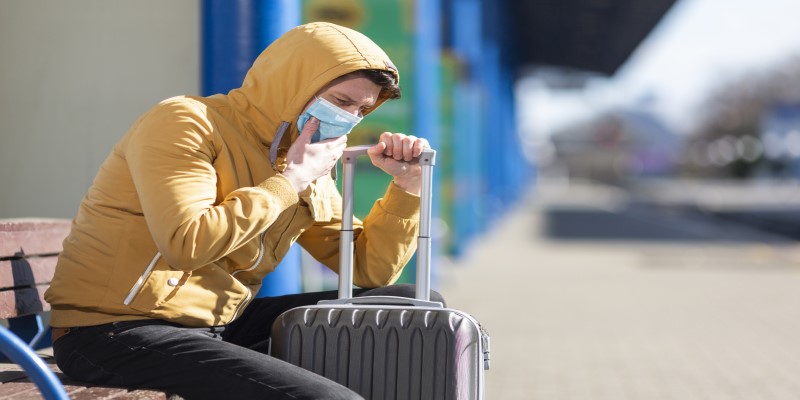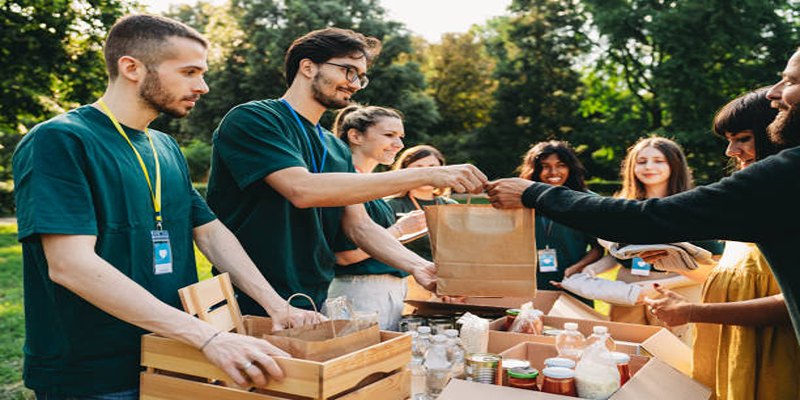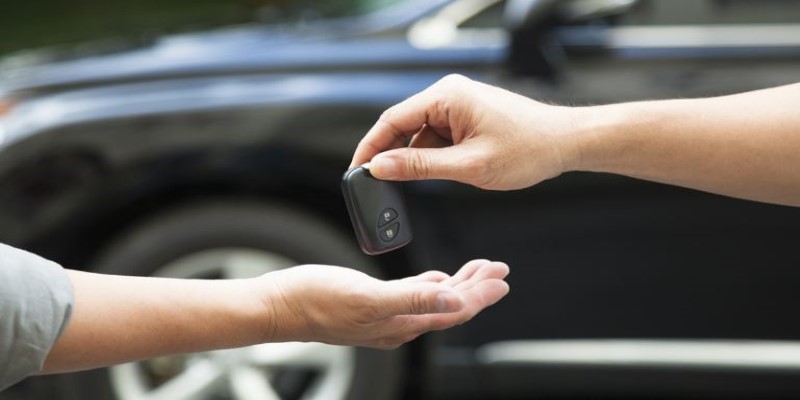What No One Tells You About Solo Travel: The Fear of Getting Sick
Travelling solo is an exciting adventure, offering freedom and unforgettable memories. Whether it’s backpacking, a business trip, or a solo vacation, the experience is rewarding. However, one situation that can quickly turn this dream into a nightmare is getting sick while alone. When you’re with friends or family, they can offer support, bring medicine, or simply comfort you.
But when traveling alone, illness feels isolated and overwhelming. The physical discomfort alone is bothersome enough, but the emotional strain associated with being far from home makes the situation even more challenging. Suffering from health concerns alone in an unknown place will make it seem even worse; both physical and mental hurdles undermine recovery efforts.
The Emotional Impact of Being Alone When You’re Sick
One of the hardest things about getting sick traveling solo is loneliness. No one to care for you really makes it that much more overwhelming. There's no one to comfort you when you're feverish or offer that warm cup of tea when you are nauseous. In a foreign country, surrounded by strangers and language barriers, the isolation can amplify even the smallest ailments, making them feel far worse than they would if they had someone by their side.
When you're sick, it's not just the body that suffers – your mind and emotions take a hit, too. Being alone amplifies feelings of vulnerability. You might feel frustrated, scared, or helpless, especially if you're in a place where medical help isn't readily available or where the healthcare system is unfamiliar. The emotional toll of managing your health while being far from home is something that can't be easily underestimated.
Practical Difficulties: Managing Illness on Your Own
When you travel alone, getting sick means it's all on your plate of stress and responsibility because you cannot really rely on your family or friends to take care of you when you're away from home. This means trying to grapple with the logistics of where to find a doctor or a clinic, how to obtain medication, and how, in that setting, to rest and recover.

If you're in a country where you don’t speak the language, this can be especially challenging. Imagine trying to explain your symptoms to a doctor or pharmacist who doesn’t speak your language. You might end up with the wrong medication or not get the care you need simply because of a language barrier. Even if you manage to find a doctor, navigating unfamiliar healthcare systems and procedures can be stressful and time-consuming.
In many places, you might also have to figure out transportation to get to a medical facility, which can be difficult if you're too ill to move around easily. If you're in a remote location, it might take hours to get to the nearest hospital or clinic. Having to deal with the logistics of all this while feeling sick can be a huge burden, and it can quickly add stress to an already difficult situation.
The Risk of Missing Out on Experiences
When you're travelling solo and get sick, it’s not just your health that suffers – your trip can take a major hit as well. The whole point of solo travel is to enjoy new experiences, see new places, and live in the moment. But when you're lying in bed with a fever or struggling to make it through the day, all of those plans come to a halt.
What’s worse is that when you’re sick, you often don’t have the energy or motivation to explore, which means you miss out on the very things that drew you to that destination in the first place. The activities you had been looking forward to – whether it’s sightseeing, hiking, or visiting museums – may feel impossible when you’re not feeling your best. Even simple things, like trying new foods or walking around a bustling city, can become exhausting.
You might even feel guilty about missing out on these experiences, as it’s easy to think about the money and time spent on the trip and feel like you’re wasting it by being ill. But the truth is, getting sick can quickly turn your dream adventure into a situation where you’re simply trying to get through the day and hoping that tomorrow will be better.
Staying Healthy and Preparing for the Worst
Although getting sick while travelling solo can be challenging, there are ways to minimize the risks and prepare for the worst-case scenario. Before you embark on your solo adventure, take steps to ensure that you're prepared for any health issues that might arise. This includes packing a comprehensive first-aid kit, making sure you're up-to-date on any necessary vaccinations, and familiarizing yourself with the healthcare system in the destination country.

Researching local hospitals or clinics ahead of time can also be helpful, as it gives you peace of mind knowing where to go if something happens. Make sure to keep your travel insurance up to date, as this can help cover medical costs and provide access to emergency services if needed. Having a list of emergency contacts, including local medical facilities and your country’s embassy or consulate, can also make it easier to get help if you need it.
It's also important to take care of your body before and during your travels by staying hydrated, getting enough rest, and eating healthily. While these steps can’t guarantee that you won’t get sick, they can help reduce the likelihood of falling ill while on your trip.
Conclusion
Getting sick while travelling solo can be one of the most challenging experiences. The physical discomfort is compounded by the emotional isolation and the burden of managing health concerns alone in an unfamiliar place. Although preparation and taking care of your health can help reduce risks, the emotional toll of being alone when sick is undeniable. Despite these challenges, overcoming them can make your solo journey even more rewarding in the end.











